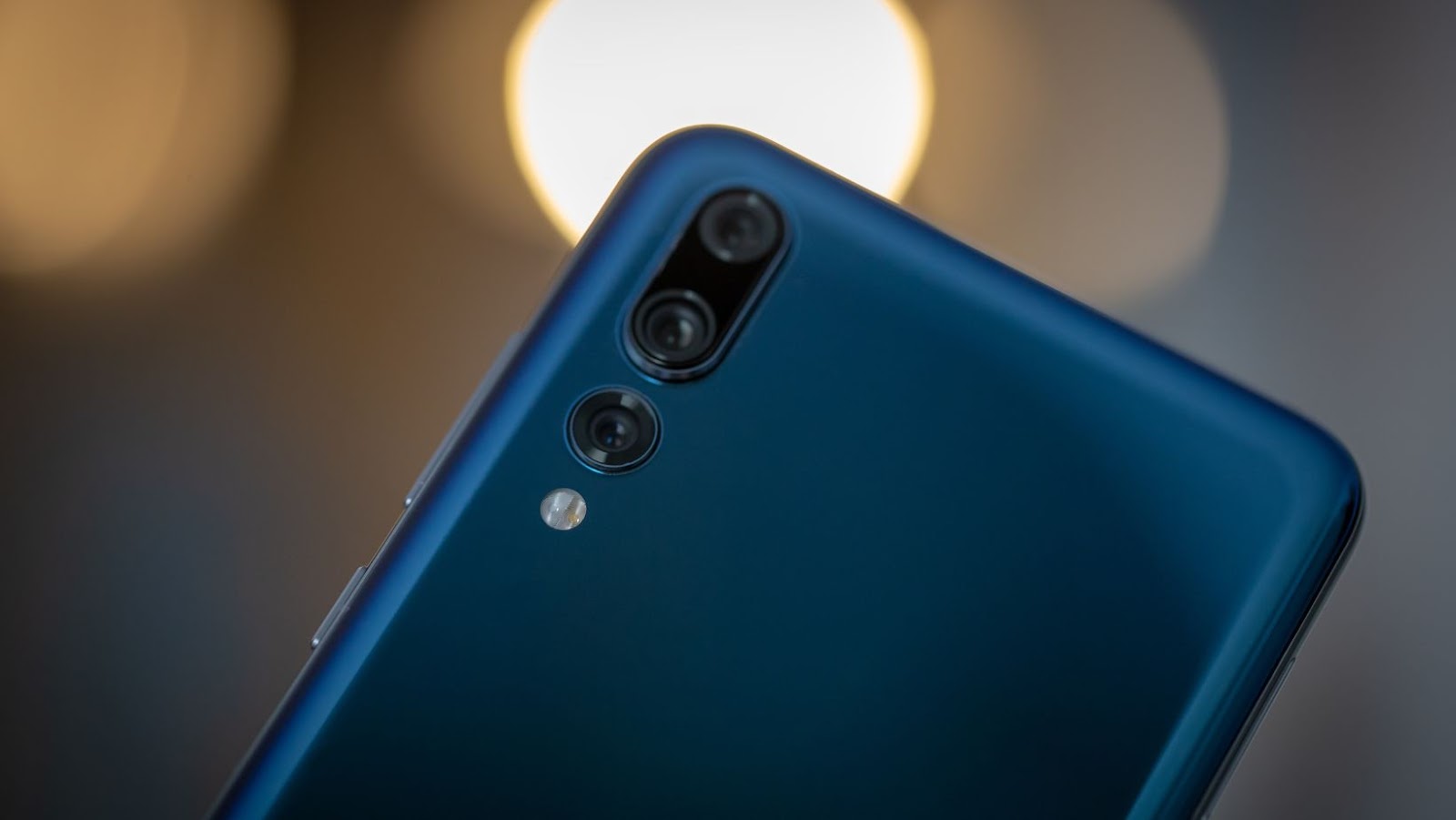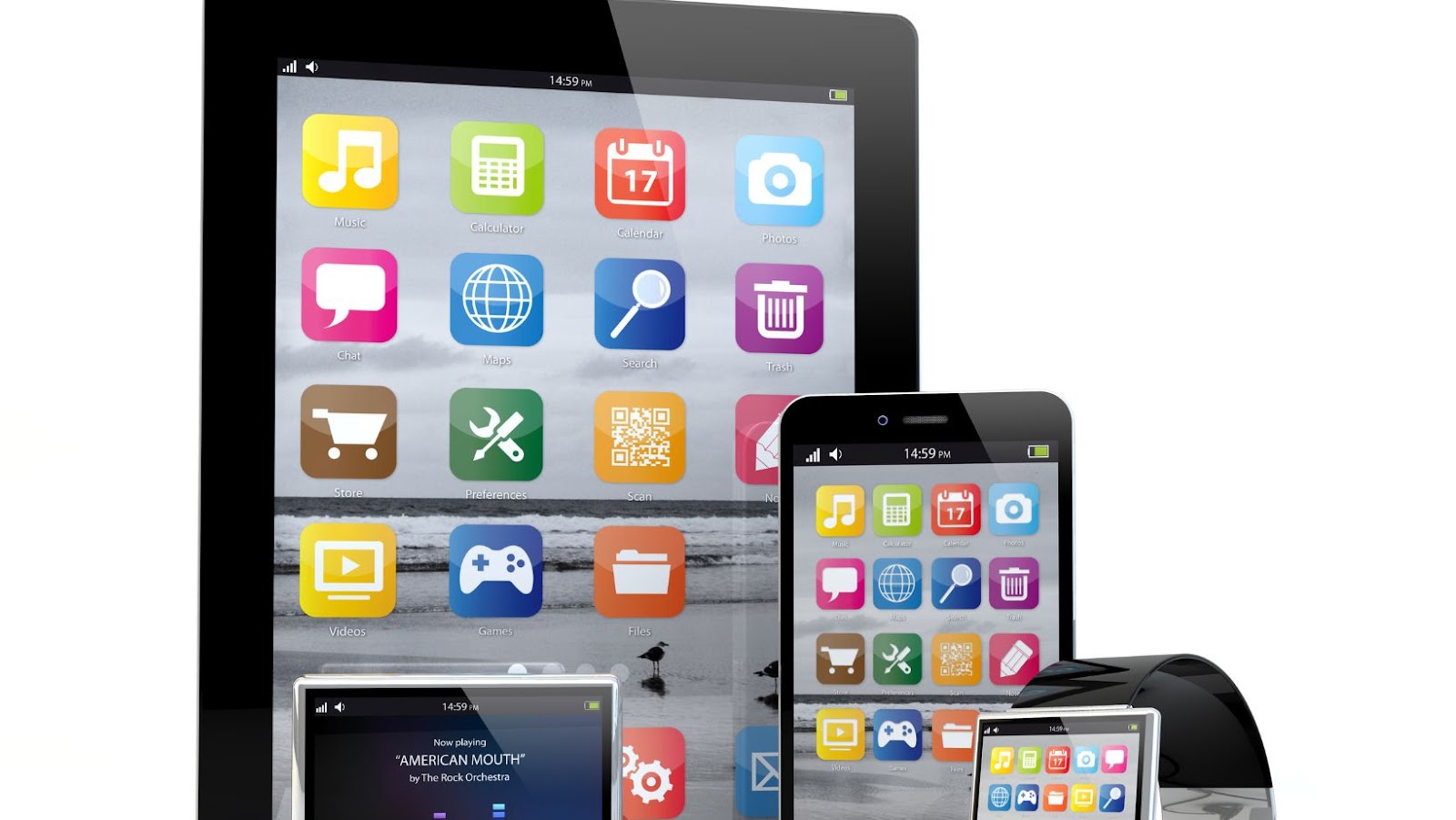Huawei, one of the world’s leading telecommunications companies, recently made headlines by announcing that it had hired former Brazilian president Michel Temer to advise the company on 5G technology. This move has drawn the attention of many in the tech community and is part of Huawei’s larger plan to dominate the 5G market.
This article will discuss Huawei’s plans and their implications on the 5G market.
Overview of Huawei’s 5G plans
Huawei has made significant strides in recent years to become a leading manufacturer of 5G technology. At an international level, the company has signed multi-billion contracts with numerous countries, including leading markets such as the U.K., Germany, and Spain. It is also expanding its presence in developing countries like India and Mexico. Huawei’s position in this market is strengthened by agreements with telecommunications companies to provide network solutions and infrastructure for 5G networks.
To further their competitive edge and ensure global coverage, Huawei has created its mobile operating system, Harmony OS, which can be used on both smartphone and IoT devices running 5G. Huawei has already started testing the OS on selected devices and plans to expand availability by 2021. Additionally, the company is investing heavily in research to ensure future development of the OS remains ahead of the competition.
Furthermore, with Apple announcing their decision to shift production away from China due to US trade restrictions, Huawei stands in an advantageous position given their massive market presence in China and availability of skilled labour at lower costs than other countries such as the USA or Japan. This could provide an economic benefit for 5G products which could find a comfortable place amongst users looking for affordable mobile solutions amidst increasing competition of proprietary technologies from Apple-Google’s stranglehold across various countries.
Overall, it looks like Huawei is positioned well to dominate the 5G technology market globally given their progressive approach towards innovation and cost competitiveness over competitors like Samsung and Apple.
Huawei hires former Brazilian president to advise on 5G
Huawei recently made headlines by hiring Luiz Inácio Lula da Silva, Brazil’s former president, as a senior adviser on 5G technology. This move marks an important milestone for the company looking to extend its 5G market share in Latin America.
By leveraging Lula’s political influence, Huawei hopes to capitalise on the region’s potential growth and strengthen its presence in the 5G space.
Details of the hiring
Huawei Technologies, the world’s largest maker of telecoms equipment, recently announced that it has hired former Brazilian President Luiz Inacio Lula da Silva as an advisor on global economic policy and international relations. According to the company, the former president is expected to help Huawei expand its business presence in Latin America.
The hiring of da Silva, who served as the president of Brazil from 2003 to 2010, comes after Huawei entered into a strategic partnership with Embraer in October 2017. In addition to providing financial guidance and advice on business strategies, da Silva is expected to establish ties with senior officials at Embraer and other companies in Brazil’s emerging IT sector. Huawei believes that having access to such key contacts will enable it to further strengthen its position in Latin America.
Da Silva will also be responsible for advising Huawei on geostrategic matters and expanding collaboration between the company and local governments in various countries across Latin America. By directly linking with senior governments’ representatives around the region, Huawei plans to boost its presence by participating in infrastructure projects related to 5G mobile networks and other IT initiatives important for economic development.
Potential implications of the hiring
Hiring former Brazilian President Michel Temer has potential implications for Huawei’s efforts to become a dominant force in the 5G market. It signals the company’s commitment to build relationships with key governmental players and cultivate trust in its services.
The move is also likely to be viewed as an opportunity for Huawei to position itself as a competitor at a time when the United States and other international powers are intensifying their efforts to combat it. In Brazil, strong 5G infrastructure could give Huawei an advantage not just in terms of technology, but also in terms of politics. Temer’s appointment could help bridge divides between the Chinese company and its many critics, while at the same time ensuring that Brazil remains a key player on the world stage in 5G development and implementation.
In addition, this move may be seen as an investment into Brazilian technology talent, allowing for further innovation within Brazil that benefits both countries. By growing a talent base that is mutually beneficial for China and Brazil, experiencing young professionals with knowledge regarding both cultures can increase confidence and understanding from both sides, potentially eliminating barriers currently preventing full cooperation between two important nations sharing interests across multiple things like trade, economy and tech developments.
Huawei’s 5G Strategy
Huawei is taking aggressive steps to position itself as a leader in the 5G market. Recently, the Chinese tech giant announced it is hiring the former president of Brazil, Luiz Inácio Lula da Silva, to advise on 5G initiatives. This move has been seen as a way to win favor with the Brazilian government as it prepares to roll out 5G networks in the country.
In this article, we will detail Huawei’s 5G strategy and discuss how it could help them dominate the 5G market.
Focus on developing countries
Huawei has made it no secret that their 5G strategy involves targeting the world’s developing countries. This makes perfect sense because these countries are more likely to have less advanced infrastructure and more opportunities for 5G growth.
By focusing on these countries, Huawei’s coverage is much broader than other companies and can reach a larger population. In a 2017 press event, Huawei noted that in Africa alone they plan to be in over 40 countries by 2018. Furthermore, they plan to target regions like India, Indonesia and Russia, which have large populations and quickly growing telecom markets and present ample opportunities for the company to grow its 5G network.
In addition to focusing on developing countries, Huawei is also applying their resources towards research and development to advance their technology. They are investing heavily in R&D to form strong partnerships with research groups worldwide so they can create innovative products faster than their competitors. For example, they recently announced an agreement with Korea Telecom to boost R&D in Korea and collaborate on joint projects between China and Korea on 5G technologies.
Overall, Huawei’s focus on developing countries and their commitment towards R&D demonstrates their intent to become market leader in 5G technologies globally.
Investment in research and development
Huawei’s investment in research and development (R&D) has been a key factor in its success in the 5G market. The Chinese telecommunications giant has made significant investments to ensure the development of leading 5G technologies and solutions, focusing on exploring new ways to deliver last-mile connectivity, driving industry standards and collaboration.
Huawei’s strategy of diversifying its research teams, which currently total over 17,000 staff globally, allows the company to be at the forefront of developing next-generation communication network systems. Huawei’s R&D teams cover various disciplines such as cyber security, artificial intelligence (AI), mobile broadband technologies and distributed cloud computing – from networks to infrastructure and from transmission to applications. This ranges from base station software optimization to active antenna units (AAU), AI cognitive radios, data centre optimization and Interconnections for Intelligent Network (ION). Huawei has also established partnerships with many software developers across various countries to develop customer-based applications designed for specific industries. For example, Huawei’s partnerships with telecommunication partners have enabled them to develop new features for core networks that benefit enterprise customers such as increased speed and reliability.
This commitment in R&D by Huawei plays an integral role in pushing the boundaries of 5G technology while offering greater customer value through cost-effective services. Furthermore, this strategy positions Huawei as a 5G network provisioning leader and provides insight into future product offerings that will further shape the 5G market globally.
Huawei’s Impact on the Global 5G Market
The Chinese tech giant, Huawei has made a big move to advance its 5G presence. It recently hired the former president of Brazil, Michel Temer, to join its board of directors to advise on developing the company’s 5G strategy. This has the potential to have a significant impact on the global 5G market.
Let’s look at how it might play out.
Potential for market domination
As one of the world’s leading telecom equipment suppliers and the first to market 5G technology, Huawei has an advantage in the global 5G market. With its deep expertise, extensive intellectual property portfolio, and strong presence across many markets, Huawei is well-positioned to become a major player in the 5G ecosystem. To capture market share quickly and effectively, Huawei has adopted an aggressive marketing strategy targeting consumers and businesses with subsidised pricing and attractive packages.
Huawei is also investing heavily in research and development (R&D). With hundreds of patents related to 5G-related technologies filed at various patent offices worldwide, Huawei has already established itself as a leader in this area. In addition to R&D investments in-house, Huawei currently collaborates closely with operators worldwide on new 5G technologies such as smart cities projects. This positions them well for potential dominance of the global 5G market by providing cutting-edge products and developing innovative solutions as they continue to gain experience in this emerging area.
By capitalising on its current advantages and leveraging strategic partnerships with industry leaders such as Apple, Google, Microsoft and Samsung, Huawei stands a good chance of having a significant role in shaping how people use 5G technology around the globe. Of course, the outcome of their strategies over the next few years could make or break their success in this arena — but either way it signals that we will see a great deal more competition for market share shortly for any businesses vying for dominance within this space.
Impact on existing 5G providers
As one of the leading manufacturers of 5G network infrastructure and mobile devices, Huawei has significantly impacted the global 5G market. Huawei’s products are superior to those of competitors in terms of cost, quality, and scalability. This gives Huawei an advantage over existing 5G providers who have already heavily invested in non-Huawei technology.
Huawei is set to become a key player in the 5G market. In addition to providing network infrastructure and devices, they have established partnerships with telecom providers such as Vodafone, AT&T, EE, China Mobile, and many others to ensure that their products are widely available. This has allowed Huawei to become one of the major driving forces behind the new technology by supplying mobile networks worldwide.
Despite this growing presence in the 5G market, some telecom companies remain reluctant to transition away from existing technologies or infrastructures for fear of potential performance issues associated with switching networks. As well as cost implications for replacing current hardware and software with new Huawei equipment. However, due to its superior performance abilities compared to other providers users are likely to experience significantly improved speed as it is estimated that given proper conditions a device could reach up to 1 Gbps downstream speed which is 4x faster than 4G LTE speeds.
tags = huawei, chinese telecom, michel temer, huawei 5g, biden secure equipment act huawei uskwanzdnet





More Stories
The end of an era: Microsoft is finally retiring Internet Explorer
What Sendoso Plans to do With the New Funding
What ‘One Outlook’ is and what it means for Windows users